Whenever an attack on a foreign mission or US marines took place on the Pakistani soil in the past it was mostly considered a job of the deep state. Surprised? Do not be. … writes Amjad Ayub Mirza
The deadly attack, carried out on July 15, on a coach carrying Chinese engineers to an under-construction tunnel site at the 4300 MW Dasu Hydro-power project site in Upper Kohistan in Khyber Pakhtunkhwa province has left 9 Chinese and 4 Pakistanis dead of which two belong to the security forces. It has left everyone bamboozled.
No one has yet claimed responsibility for the attack. This is surprising. Considering the high profile nature of the attack, had it been the work of the TTP or Baloch saramchars from the neighbouring province of Baluchistan, the credit for such a ‘victory’ would have been claimed much sooner.
Whenever an attack on a foreign mission or US marines took place on the Pakistani soil in the past it was mostly considered a job of the deep state. Surprised? Do not be. It is part and parcel of Pakistan military’s double game. In order to make hefty demands for financial assistance from its western ‘allies’ to combat terrorism, the Pakistan army has allegedly been engineering attacks on the US marines, NATO goods transport vehicles, and even its own civilians.
But, since the rocky relations during recent weeks between Pakistan and America precipitated after the refusal of Pakistan to allow the US to use its airspace against Taliban in Afghanistan, the natural donor of the anti-terrorism funds seems to have shut their vaults. Hence, the need for a new donor could have conveniently made the Chinese engineers a valuable target. If so, then it seems to have backfired.
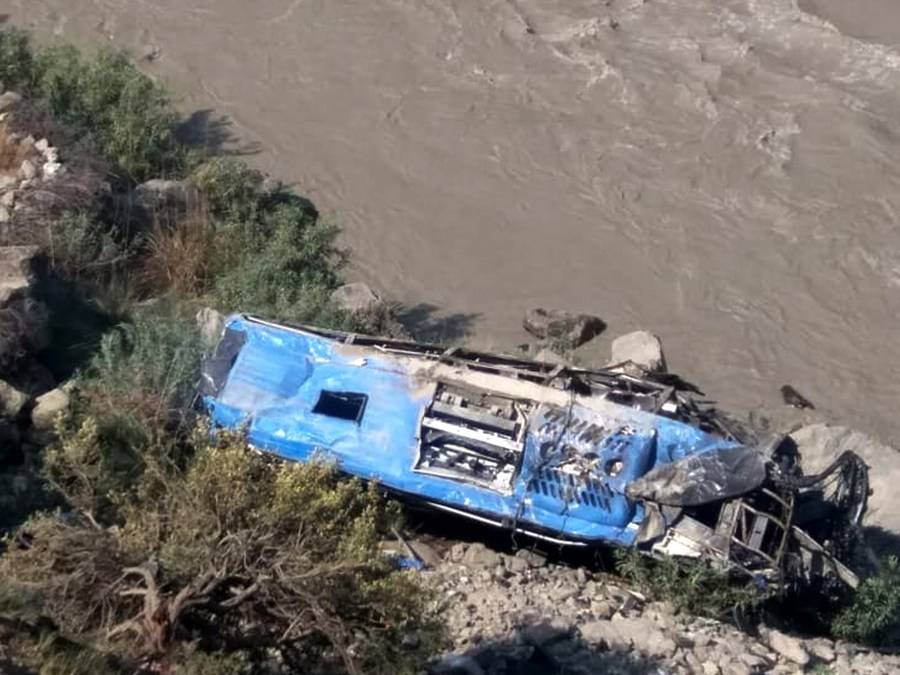
Immediately after the attack, the Chinese company responsible for the construction of the Dasu hydro-power project sacked all of its Pakistani staff. Not only that but China also threatened to stop all work on CPEC pending the investigation. Their demand was simple and straightforward. Allow Chinese investigation team to visit the blast site and conduct its own investigation. Pakistan refused. Why? Well, no credible explanation was provided.
Later, as Pakistan promised to include Chinese investigators, the sacked Pakistani staff at Dasu was reinstated. But by then the military could have very easily removed any trace of evidence that would point the investigation in the right direction.
After refusing to acknowledge that it was a bomb blast and calling it an accident caused by a gas leakage on the coach caused after it had plunged into the ravine, the Pakistan government has accepted the fact that the explosion was the cause for the coach to fall over the cliff.
Then they started pointing fingers towards the Baloch Freedom Movement which is led by Hyrbiyar Marri in Sweden. Well, only a month ago Prime Minister Imran Khan had paid a visit to Dasu Dam. How could have Hyrbiyar missed such a candid opportunity to execute an attack on Imran Khan? Obviously, his organisation does not seem to have the cadre to undertake such an upfront operation.
Pakistan is suffering from critical shortage of cash. It has sunk neck deep in debt and the value of its increased foreign remittances is cancelled by double digit inflation. The war in Afghanistan has exposed Pakistan as the main sponsor and supporter of the Taliban which in itself is a disastrous policy of nurturing proxies.
Therefore, in all probability it seems that the 9 Chinese engineers who died in the terrorist attack in Kohistan was masterminded by none other than the Pakistani military establishment. This is a money extortionist army. They loot their own public by raising taxes each month. The army plunders the natural resources of every part of the country. They control and own billions of dollars’ worth of businesses and banks and thrive on foreign loans.
It will be no surprise if after some time the Pakistan army’s involvement in this attack is revealed. Until then no one seems to be safe in terroristan.
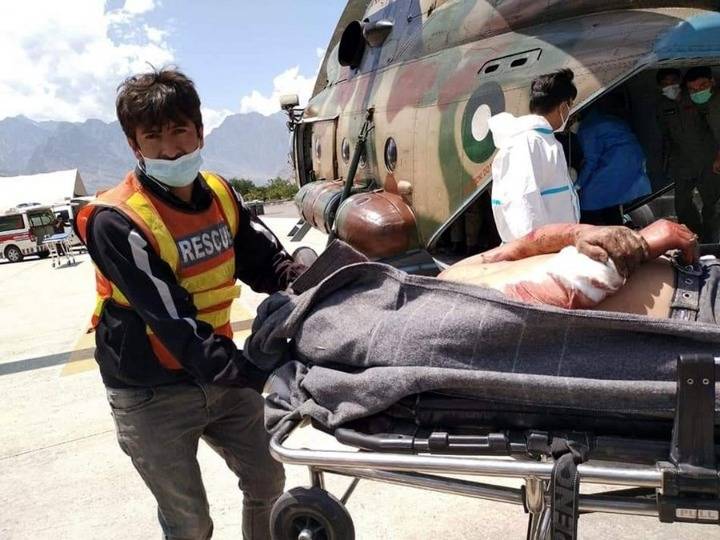
Pakistan terror network abroad overlooked by FATF
A decision to maintain Pakistans status in the grey list of the Financial Action Task Force {ISI} was taken on June 25 in Paris. A dissatisfied panel comprising China, among other things questioned why there is a seemingly unnecessary delay in the court proceedings of the 1373 UN designated terrorists imprisoned in the country. Pakistan was told to do more with regards to tracking and cracking down money laundering which they believe is a means to supply dosh for carrying out acts of terror.
One aspect that comes to mind that might thus far has been ignored by the FATF team is perhaps Pakistan terror financing operations involving their foreign missions. It would be interesting to note that recent news articles published in international print media manifest Pakistani Diplomats not only of indulging in antisocial and but even criminal behaviour and acts that are of terrorist nature.
Is it not true that individuals chosen to serve their countries in alien lands are carefully selected and trained? As a matter of fact, two Pakistani diplomats were recently caught stealing a hat worth $10.70 and chocolate worth $1.7 in Yongsan, South Korea, this April.
One might give them the benefit of doubt and call it a one off incident.
However, during recent years’ irrefutable evidence has been mounting regarding the criminal behaviour of Pakistani diplomatic community which is of a worrying nature. An incident took place in Bangladesh and resulted in the expulsion of Farina Arshad, Second Secretary (Political) working at the Pakistan High Commission in Dhaka. She was accused of facilitating terror financing in 2015.2
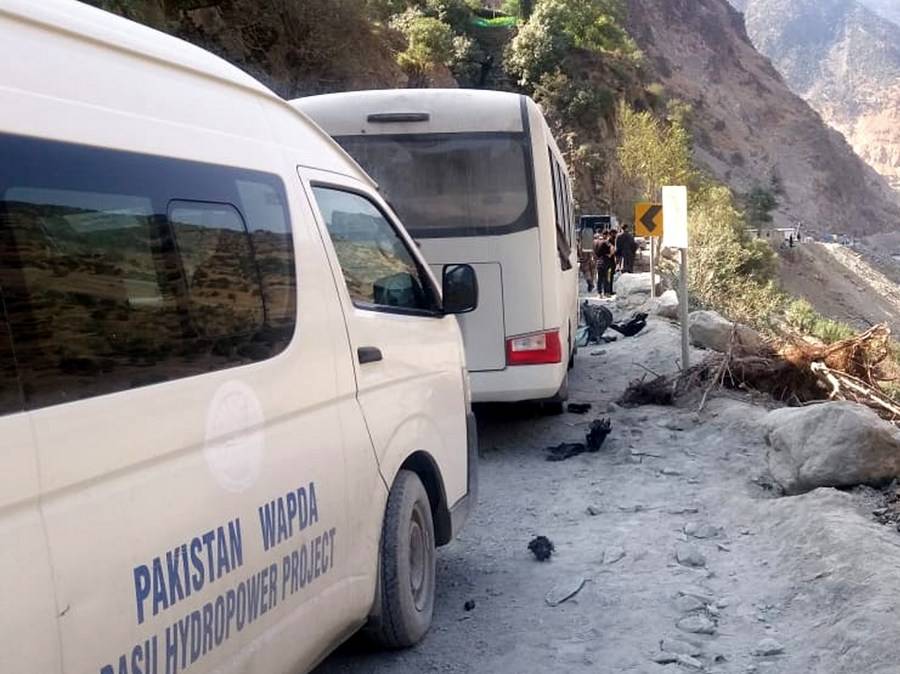
Amir Zubair Siddiqui, a visa counsellor at the Pakistan High Commission in Colombo had been put on the terror watch list by the Indian National Investigation Agency for indulging in
espionage and terror activities, and then came the arrest and deportation of two employees of the Pakistan High Commission in New Delhi in 2020 who were accused of espionage.
An isolated incident may reflect an individual act, but regular and repeated offences tell a different story about Pakistani diplomats.
It is common knowledge that Pakistan’s foreign policy is controlled by the army at GHQ in Rawalpindi. The Inter-Services Intelligence Agency (ISI) personnel are routinely deputed to Pakistani missions abroad. They have been caught red-handed on several occasions while pursuing terrorism-related and activities.
For instance, in 2001, Mohammad Arshad Cheema, First Secretary at the Pakistani high commission in Kathmandu, was arrested for possessing 16 kg of RDX.5 Few years back in 2014 Pakistani Defense Attache (and ISI representative) in Colombo, Colonel Shahryar Butt, was repatriated because he kept on ‘checking’ into the High Commission’s affairs.
The key to understanding the above phenomena lies in recognizing that ISI cells are present in almost all Pakistani Embassies. Perhaps, Pakistan has different standards for when it comes to diplomatic responsibilities. No wonder during the period between May 2018-19 the US had restricted the movement of Pakistani diplomats to a few square miles within Washington.
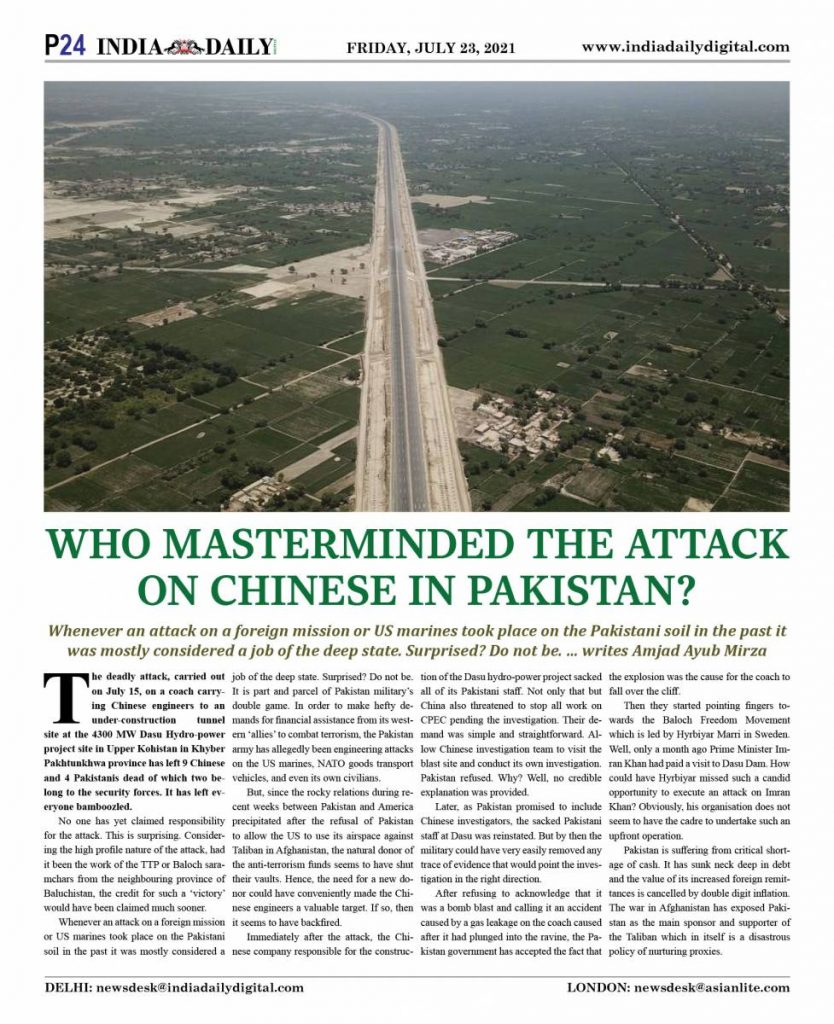
However, even more alarming is a spate of morally shameful acts that Pakistani diplomats have indulged into in the recent past. Allegations such as domestic abuse conducted against his spouse by Munir Akram, Pakistan’s current Permanent Representative to UN; arrest of Mazhar Khan, the Assistant Visa Officer at the Pakistani High Commission in Dhaka accused of dealing in fake currencies in 2015, abduction and rape charges brought against two Pakistani diplomats in the UK in 20146 and Waqas Ahmed, a Pakistani diplomat in Harare was arrested and imprisoned for human trafficking in May 2020.
These were crimes of such serious nature that Islamabad was forced to voluntarily surrendered their diplomatic immunity.
The murder of Baloch journalist Sajid Baloch in Sweden and that of human rights activist Karima Baloch are also attributed to the clandestine network of Pakistani ISI cells working from Pakistani missions abroad. In any future meeting of the FATF it would be wise to look into Pakistan’s involvement in global terrorism and to curb acts of terrorism that have made our world a less safe place.
(Dr Amjad Ayub Mirza is an author and a human rights activist from Mirpur in PoJK. He currently lives in exile in the UK. The views expressed are personal)
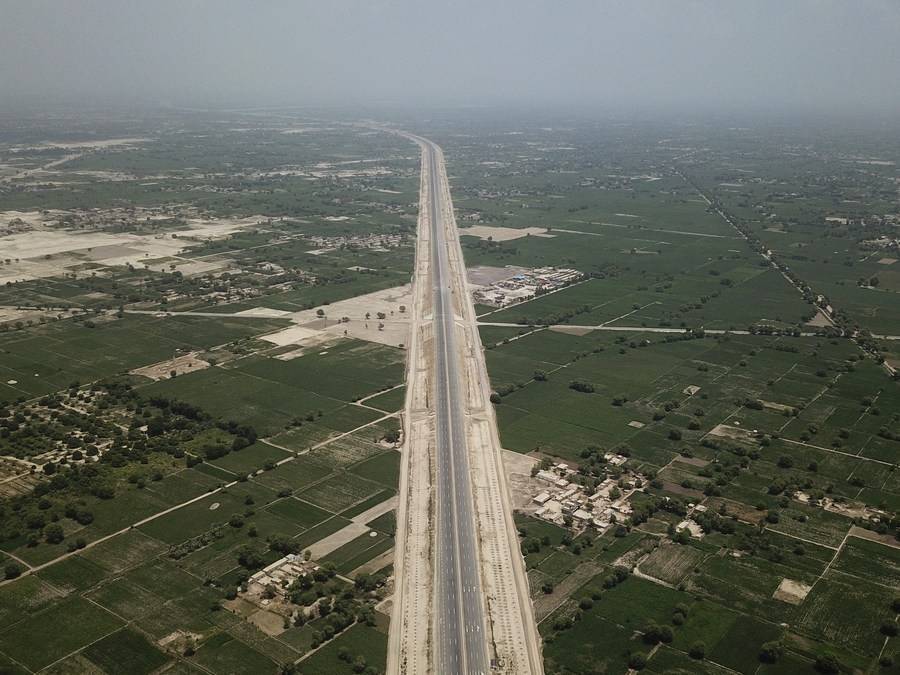
Leave a Reply